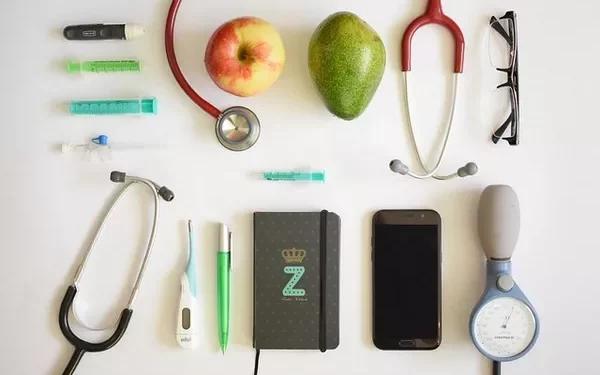Jaime Trainor, a mother from Whitehorse, is relieved that her five-year-old daughter, Sadie Raye, has been assigned an educational assistant to help manage her Type 1 diabetes at school. However, Trainor is frustrated by the effort it took to secure this support and is now calling for the Yukon education department to adopt a policy that guarantees assistance for all children with the condition.
Sadie Raye was diagnosed with Type 1 diabetes as a baby, requiring meticulous monitoring of her blood sugar and insulin levels, including precise food measurements and regular insulin injections. Miscalculations can lead to serious medical emergencies.
In preparation for Sadie Raye’s first year of school, Trainor had requested an educational assistant to address her daughter’s complex health needs. Initially, the education department denied this request. However, after a lengthy and stressful negotiation over the summer, Trainor received confirmation just days before the school year began that an assistant would be provided.
While Trainor praises the educational assistant for their dedication and effectiveness, she emphasizes that the process could have been smoother with an established policy ensuring support for students with Type 1 diabetes. “This shouldn’t be a fight that families have to do,” she stated. “The amount of stress that my husband and I had right up until that final moment… honestly, it shouldn’t have happened that way.”
Marney Paradis, president of the Yukon Type 1 Diabetes Support Network, estimates that approximately 30 children with Type 1 diabetes attend schools in the territory. Her organization has been advocating for an educational assistant policy for nearly seven years, yet they have faced challenges in gaining traction with the education department.
In response to inquiries, the education department acknowledged its ongoing efforts to support students with Type 1 diabetes. Spokesperson Sophie Best noted that the department is providing training for staff and is in the process of hiring a Type 1 diabetes support case manager to assist families and students.
Despite these efforts, both Trainor and Paradis believe that without a formal policy, families will remain uncertain about the availability of necessary support. Trainor voiced her concerns about the future, stating, “There’s no promise Sadie Raye will have an educational assistant next year or in the years to follow.” She hopes for a collaborative plan with the school by May, stressing the need for consistent support from the education department.
As the situation stands, families navigating Type 1 diabetes in schools must continue advocating for their children’s needs while confronting an uncertain support landscape.
Related topics:
Collaborative Team Enhances Diabetes Care in Waikato



























